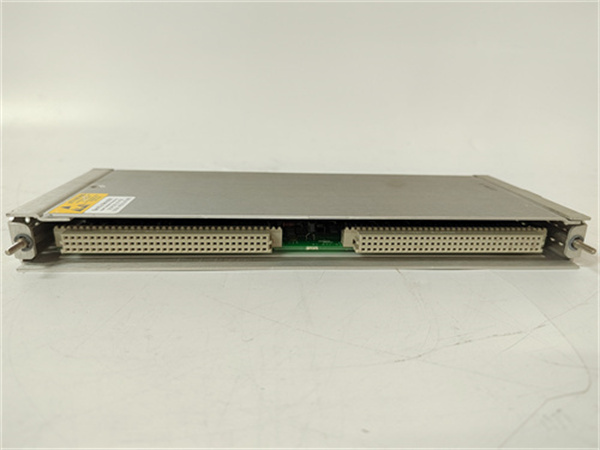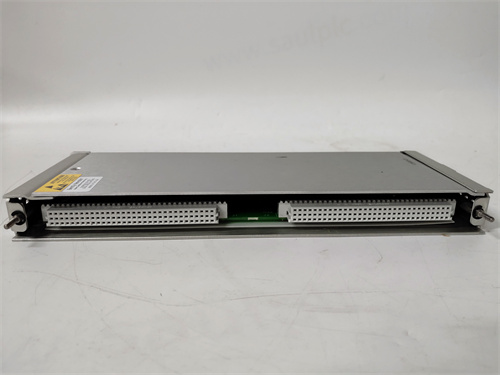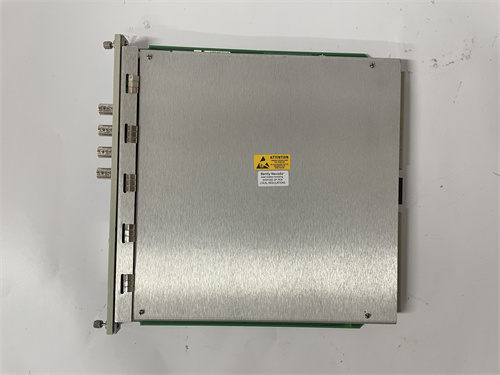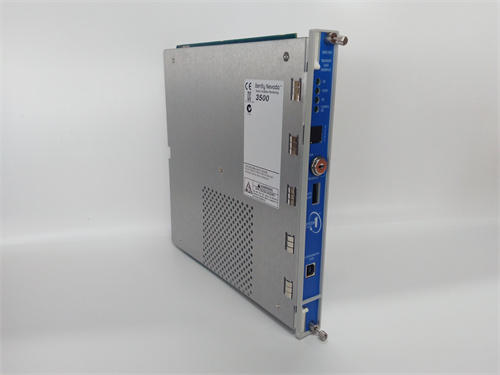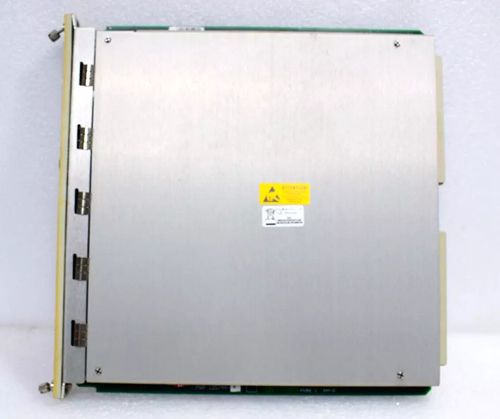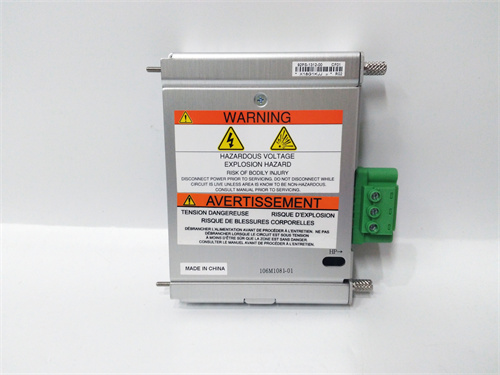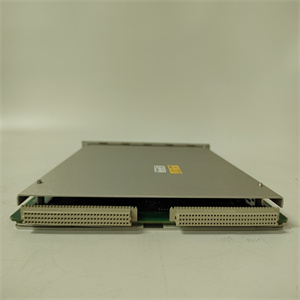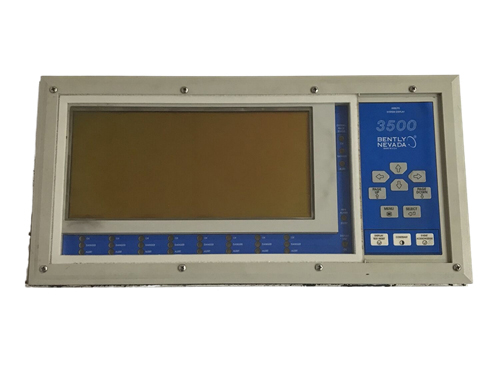Our Products
Comprehensive industrial automation solutions for global industries
Contact us
If you are interested in our products and want to know more details,please Contact us,we will reply you as soon as we can.
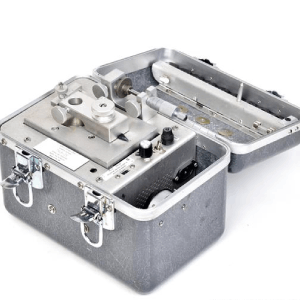
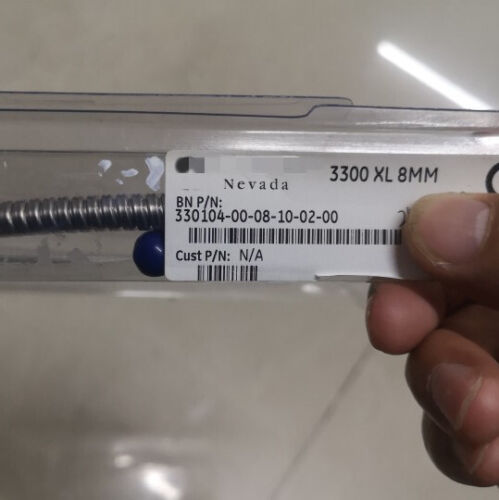
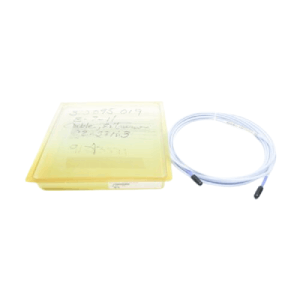
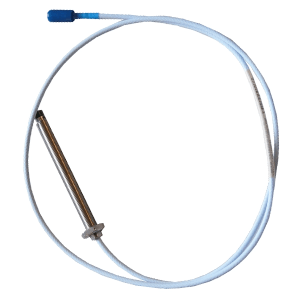
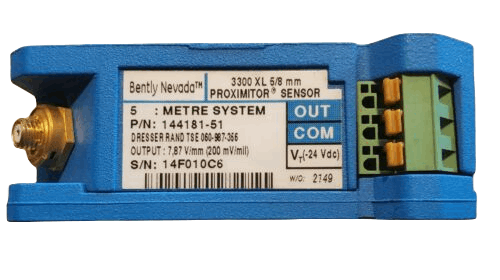
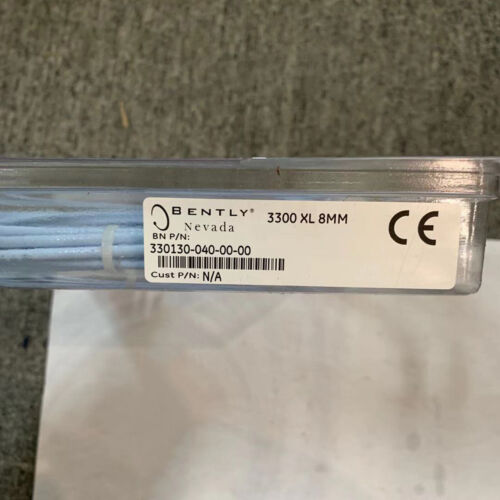
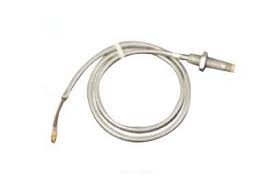
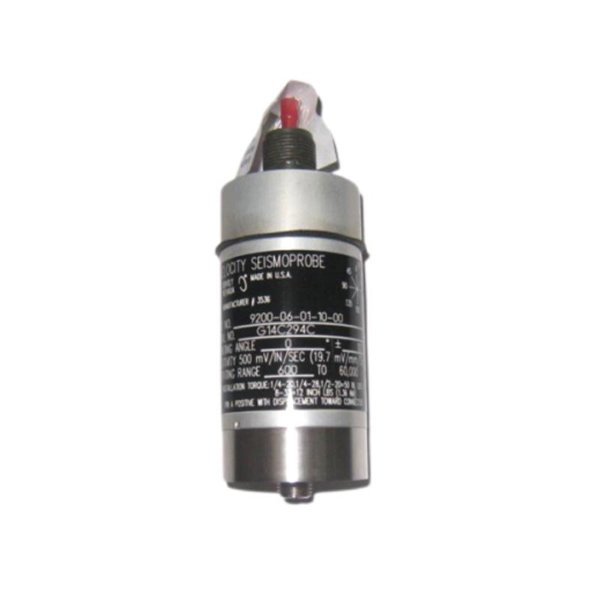
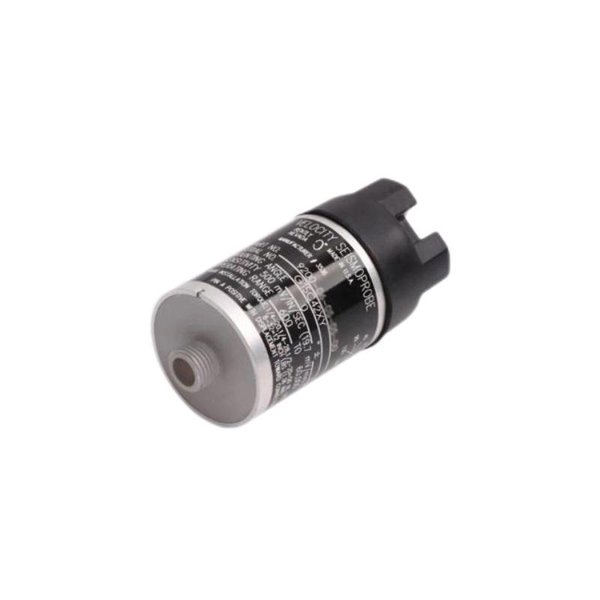
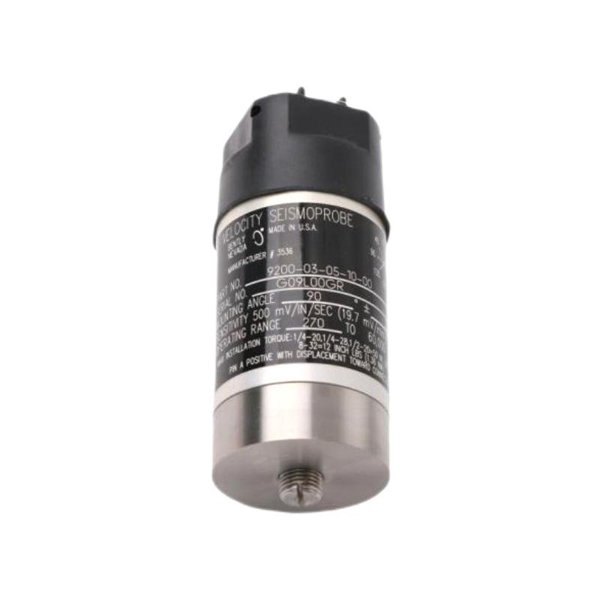
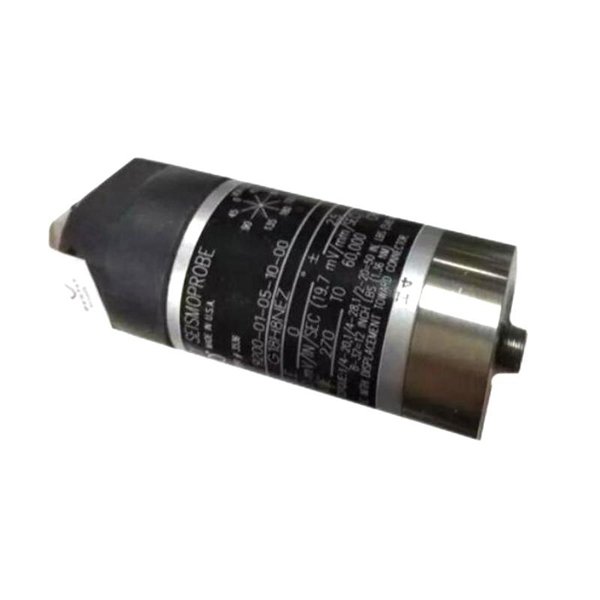




Bently Nevada 9200-03-02-10-00 Dual-line velocity seismic sensor
Manufacturer:Bently Nevada
Product Number:9200-03-02-10-00
Product Type:Dual-line velocity seismic sensor
Origin:USA
Sensor diameter:41.4mm
Weight :0.3 kg
Views:143
Payment Methods:T/T, PayPal, Western Union
Condition:New & In Stock
Warranty:1 Year
Lead Time:1-3 Working Days
Certificate:COO
Courier partners:DHL, UPS, TNT, FedEx and EMS.
Business hours:7*24
Product Description
The Bently Nevada 9200-03-02-10-00 is a dual-line velocity seismic sensor designed for precise vibration monitoring in industrial rotating machinery. It is part of the 9200 series, renowned for its durability, stability, and long-term performance in harsh environments. This sensor provides accurate velocity output signals, enabling engineers and maintenance teams to track machinery health, detect early signs of imbalance, misalignment, and bearing faults, and schedule proactive maintenance to avoid costly downtime.
Engineered with rugged housing and stable sensing elements, the 9200-03-02-10-00 offers excellent resistance to shock, temperature variation, and environmental contamination. Its design supports both continuous monitoring and event-based data capture, making it suitable for critical machinery in power generation, petrochemical, steel, paper, and marine applications.
Product Advantages
High Measurement Accuracy – Maintains reliable velocity readings over extended periods without drift.
Dual-Line Output – Allows simultaneous transmission of redundant or differently conditioned signals.
Rugged Mechanical Design – Withstands high vibration levels, mechanical shocks, and environmental hazards.
Wide Operating Temperature Range – Ensures dependable performance in both high-temperature and sub-zero industrial environments.
Low Maintenance Requirement – Built for long service intervals, reducing operational costs.
Broad Application Compatibility – Integrates easily with Bently Nevada monitoring systems and other industrial vibration analyzers.
Technical Specifications
| Parameter | Description |
|---|---|
| Model Number | 9200-03-02-10-00 |
| Sensor Type | Dual-Line Velocity Seismic Sensor |
| Measurement Range | Typically ±50 mm/s (±2 in/s) |
| Frequency Range | 10 Hz to 1,000 Hz |
| Sensitivity | 100 mV/in/s (nominal) |
| Output Type | Dual-line voltage signal |
| Supply Voltage | Self-powered or external depending on installation |
| Mounting Method | Stud mount or magnetic base (optional) |
| Housing Material | Stainless steel |
| Sensor diameter | 41.4mm |
| Weight | 0.3 kg |
| Operating Temperature | -40 °C to +100 °C (-40 °F to +212 °F) |
| Environmental Protection | IP65 or higher (sealed against dust and water spray) |
Applications
Power Generation – Turbine and generator vibration monitoring to prevent catastrophic failures.
Petrochemical Plants – Monitoring pumps, compressors, and fans to detect early mechanical issues.
Steel & Metal Processing – Condition monitoring of rolling mills and high-load mechanical drives.
Paper & Pulp Mills – Detecting imbalance and misalignment in paper machines.
Marine Engineering – Monitoring propulsion systems and auxiliary machinery in ships.
Mining & Heavy Industry – Vibration tracking in crushers, conveyors, and rotating kilns.
FAQ (10)
Q1: What is the main purpose of the 9200-03-02-10-00?
A1: It measures machine casing vibration velocity to detect faults like imbalance, misalignment, and bearing wear.
Q2: Can it be used outdoors?
A2: Yes, the sensor is rated with environmental protection suitable for outdoor and harsh conditions.
Q3: Is calibration required frequently?
A3: No, the sensor maintains accuracy for long periods, with calibration typically needed only during major overhauls.
Q4: What type of output does it provide?
A4: It outputs a dual-line voltage signal proportional to vibration velocity.
Q5: How is it mounted?
A5: Commonly via a threaded stud; magnetic mounts are available for temporary use.
Q6: Is it compatible with non-Bently Nevada monitoring systems?
A6: Yes, as long as the receiving system accepts its signal type and sensitivity range.
Q7: What industries use this sensor most often?
A7: Power generation, petrochemical, steel production, marine, and pulp & paper.
Q8: What makes it different from a displacement or acceleration sensor?
A8: It measures velocity directly, which is useful for certain machinery fault detection methods.
Q9: Does it require external power?
A9: Some models are self-powered; others can use low-voltage excitation depending on configuration.
Q10: Can it operate in high vibration environments?
A10: Yes, it is specifically designed to withstand high vibration and shock conditions.




Bently Nevada 9200-03-02-10-00 Dual-line velocity seismic sensor
Manufacturer:Bently Nevada
Product Number:9200-03-02-10-00
Product Type:Dual-line velocity seismic sensor
Origin:USA
Sensor diameter:41.4mm
Weight :0.3 kg
Views:143
Payment Methods:T/T, PayPal, Western Union
Condition:New & In Stock
Warranty:1 Year
Lead Time:1-3 Working Days
Certificate:COO
Courier partners:DHL, UPS, TNT, FedEx and EMS.
Business hours:7*24
Product Description
The Bently Nevada 9200-03-02-10-00 is a dual-line velocity seismic sensor designed for precise vibration monitoring in industrial rotating machinery. It is part of the 9200 series, renowned for its durability, stability, and long-term performance in harsh environments. This sensor provides accurate velocity output signals, enabling engineers and maintenance teams to track machinery health, detect early signs of imbalance, misalignment, and bearing faults, and schedule proactive maintenance to avoid costly downtime.
Engineered with rugged housing and stable sensing elements, the 9200-03-02-10-00 offers excellent resistance to shock, temperature variation, and environmental contamination. Its design supports both continuous monitoring and event-based data capture, making it suitable for critical machinery in power generation, petrochemical, steel, paper, and marine applications.
Product Advantages
High Measurement Accuracy – Maintains reliable velocity readings over extended periods without drift.
Dual-Line Output – Allows simultaneous transmission of redundant or differently conditioned signals.
Rugged Mechanical Design – Withstands high vibration levels, mechanical shocks, and environmental hazards.
Wide Operating Temperature Range – Ensures dependable performance in both high-temperature and sub-zero industrial environments.
Low Maintenance Requirement – Built for long service intervals, reducing operational costs.
Broad Application Compatibility – Integrates easily with Bently Nevada monitoring systems and other industrial vibration analyzers.
Technical Specifications
| Parameter | Description |
|---|---|
| Model Number | 9200-03-02-10-00 |
| Sensor Type | Dual-Line Velocity Seismic Sensor |
| Measurement Range | Typically ±50 mm/s (±2 in/s) |
| Frequency Range | 10 Hz to 1,000 Hz |
| Sensitivity | 100 mV/in/s (nominal) |
| Output Type | Dual-line voltage signal |
| Supply Voltage | Self-powered or external depending on installation |
| Mounting Method | Stud mount or magnetic base (optional) |
| Housing Material | Stainless steel |
| Sensor diameter | 41.4mm |
| Weight | 0.3 kg |
| Operating Temperature | -40 °C to +100 °C (-40 °F to +212 °F) |
| Environmental Protection | IP65 or higher (sealed against dust and water spray) |
Applications
Power Generation – Turbine and generator vibration monitoring to prevent catastrophic failures.
Petrochemical Plants – Monitoring pumps, compressors, and fans to detect early mechanical issues.
Steel & Metal Processing – Condition monitoring of rolling mills and high-load mechanical drives.
Paper & Pulp Mills – Detecting imbalance and misalignment in paper machines.
Marine Engineering – Monitoring propulsion systems and auxiliary machinery in ships.
Mining & Heavy Industry – Vibration tracking in crushers, conveyors, and rotating kilns.
FAQ (10)
Q1: What is the main purpose of the 9200-03-02-10-00?
A1: It measures machine casing vibration velocity to detect faults like imbalance, misalignment, and bearing wear.
Q2: Can it be used outdoors?
A2: Yes, the sensor is rated with environmental protection suitable for outdoor and harsh conditions.
Q3: Is calibration required frequently?
A3: No, the sensor maintains accuracy for long periods, with calibration typically needed only during major overhauls.
Q4: What type of output does it provide?
A4: It outputs a dual-line voltage signal proportional to vibration velocity.
Q5: How is it mounted?
A5: Commonly via a threaded stud; magnetic mounts are available for temporary use.
Q6: Is it compatible with non-Bently Nevada monitoring systems?
A6: Yes, as long as the receiving system accepts its signal type and sensitivity range.
Q7: What industries use this sensor most often?
A7: Power generation, petrochemical, steel production, marine, and pulp & paper.
Q8: What makes it different from a displacement or acceleration sensor?
A8: It measures velocity directly, which is useful for certain machinery fault detection methods.
Q9: Does it require external power?
A9: Some models are self-powered; others can use low-voltage excitation depending on configuration.
Q10: Can it operate in high vibration environments?
A10: Yes, it is specifically designed to withstand high vibration and shock conditions.
Need a Custom Automation Solution?
Our team of experts can design and implement a tailored automation system to meet your specific requirements.

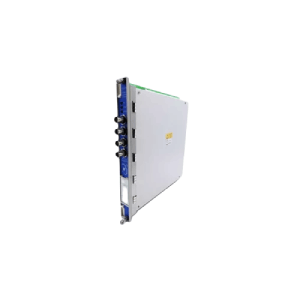
 Loading comments...
Loading comments...